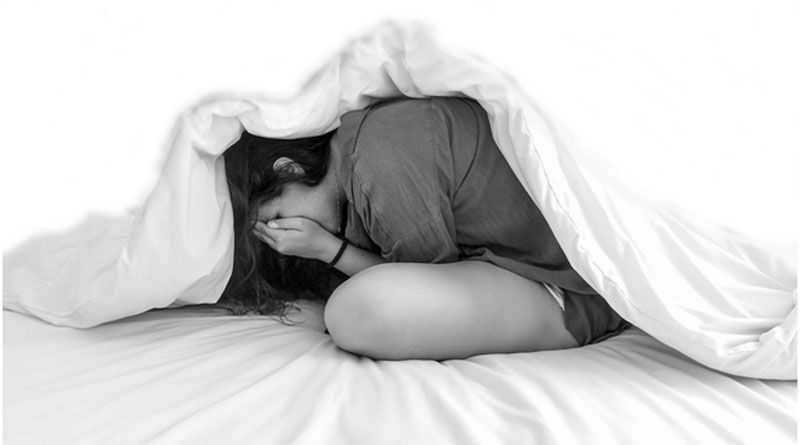Stress and anxiety are perhaps the most typical health problems millions of people face worldwide. As a matter of fact, it is estimated that one in twenty persons worldwide experiences some level of stress or anxiety while carrying out their day-to-day activities.
As a result of urbanization and a continuous need to improve their social-economic standing, a lot of people have no choice but to deal with increased anxiety and stress in their daily work life. Furthermore, some people experience stress from other areas due to their financial obligations, health problems and family issues which can all contribute to increased stress levels.
More so, certain pertinent factors, including personality type of individuals, the level of social support available to them and their coping mechanisms, can all make an individual vulnerable to stress. This means that certain individuals may be more susceptible to stress than others. Also, various researches have shown that people who belong to certain professions, such as healthcare, are more vulnerable to experiencing high levels of anxiety and stress. People who belong to the LGBTQIA+ community and people of color have also been known to experience higher stress levels.
Dealing with Stress and Anxiety:
Reducing the levels of chronic stress experienced by individuals in their daily lives is vital to maintaining optimum health and general wellbeing. Therefore, it is essential that you effectively deal with anxiety and stress because chronic stress can significantly increase your risk of suffering from certain debilitating health conditions, including depression, anxiety disorders and heart diseases.
As such, you must understand there is a difference between stress and other mental health disorders like depression and anxiety that requires a certain level of treatment from healthcare professionals.
Stress may occur as a result of certain underlying conditions that may require the aid of medical testing, including the Reverse Transcriptase Polymerase Chain Reaction (RT-PCR) test. For instance, certain research has shown that people that got diagnosed with the COVID-19 virus through the RT PCR test experienced feelings of anger, shock, guilt and stress which significantly affected and interfered with their mental health.
Tips for Managing Stress and Anxiety:
Managing stress and anxiety can be complex and straightforward, depending on the lens from which an individual views what they need to do. Some of the tips that help you manage stress include:
Exercise and Rest: Taking out time to rest when you feel stressed or anxious is essential. You can relax in different ways, including listening to music, learning relaxation techniques, practicing yoga and generally taking a step back from the things that increase your stress levels.
Eat Well: Avoid skipping your meals and stay away from alcohol or caffeine that can trigger panic attacks or aggravate your stress and anxiety.
Take Deep Breaths: Inhale and exhale slowly when you suddenly feel anxious and practice counting. Count slowly to 10 and repeat until you feel calm.
Do your Best: Instead of aiming for perfection, you should learn to count your blessings and always look on the bright side. Accept that you can’t control everything and always look at the bright side. Learn to maintain a positive attitude and always look to the bright side.
Learn What Triggers your Anxiety: Knowing what triggers your stress or anxiety is a first step to ensuring that you deal with these problems appropriately.
Talk to Someone: When in doubt, talk to a professional or trusted family and friends about your feelings.
Other tips include ensuring you exercise regularly by incorporating at least two hours of moderate to intense physical activity into your routine. Ensure that the practices you adopt are fun and enjoyable. This may include activities such as swimming, jogging and dancing. Furthermore, it would be best to learn to distract yourself with music that you can play through any portable media device. A lot of people find listening to music therapeutic and fun while engaging in physical activities.
You can also get an accountability partner or “exercise buddy” to encourage you to stick to your exercise routine. Research has shown it is far easier to stay committed to an exercise routine if a friend, colleague or partner engages with you.
Lastly, be patient with yourself. It may take a while, but you will surely overcome your anxiety and stress by following the tips described above.

Namaste UI collaborates closely with clients to develop tailored guest posting strategies that align with their unique goals and target audiences. Their commitment to delivering high-quality, niche-specific content ensures that each guest post not only meets but exceeds the expectations of both clients and the hosting platforms. Connect with us on social media for the latest updates on guest posting trends, outreach strategies, and digital marketing tips. For any types of guest posting services, contact us on info[at]namasteui.com.

